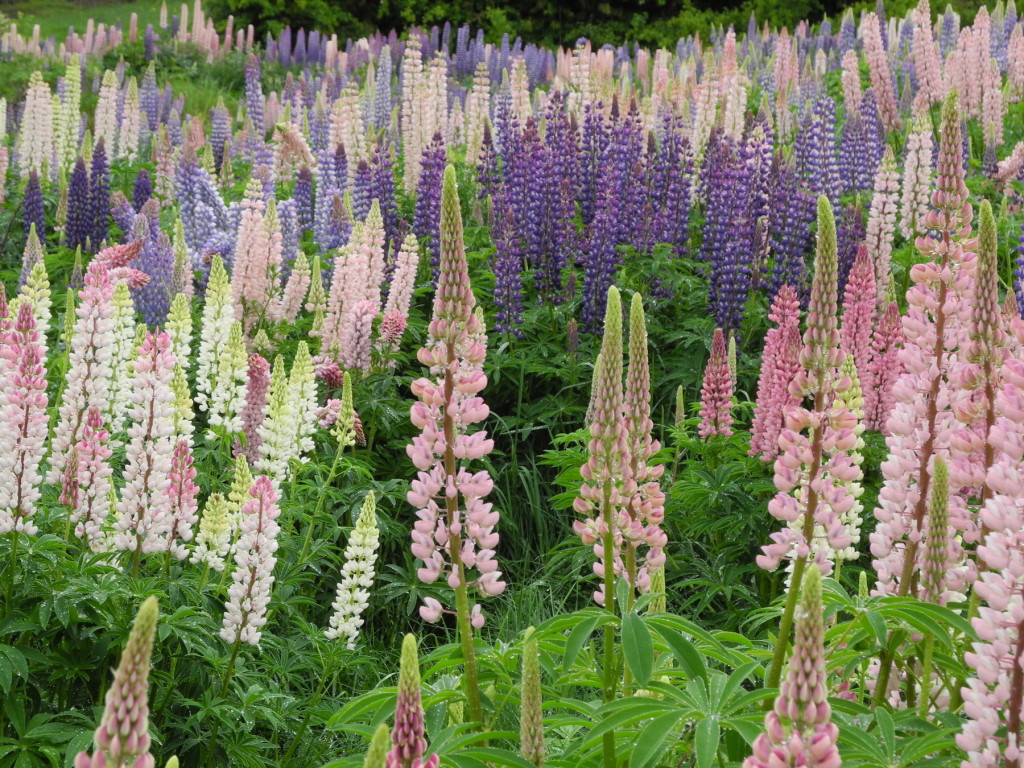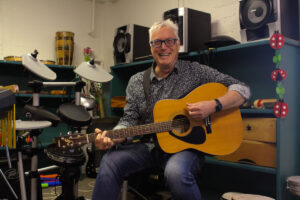Ode to spring
Season’s greetings on the first day of September, when the blossoms are out and it’s a good time to reflect.
It’s very important we don’t sleep until we get to the bottom of this. There was this yearly festival where I used to live. On the 22nd day of spring everyone would gather around a lake that reflected cherry blossom flowers and listen to the drums. Every year I’d have an ice coffee in my hand because every year the 22nd day of spring brought ice coffee weather. Each year was the same in some respects but distinguishable in my memory by the little things – the tune in my head by whatever sixties pop star I’d just been the first in the world to discover or my vantage point of the blossom clad lake.

I’m 24. I can’t tell you much about change in the world. Not even if I do my best Jack Kerouac impression. Do you remember that scene from The Catcher in the Rye? Holden talks about the museum where nothing ever changed. “That Eskimo would still be just finished catching those two fish. Nobody’d be different. The only thing that would be different would be you… When I got to the museum, all of a sudden I wouldn’t have gone inside for a million bucks.” And here’s what I didn’t understand when I was 16. It’s not the change in the world but the change in himself he’s afraid to see.
For me the first day of spring is a day to reflect on past years and a little sadder each time because of it. It is a marker of sorts like Eliot’s coffee spoons or Paul Simon’s bookmarkers measuring loss. The fantastic thing about spring is, unlike Salinger’s museum, you can’t opt out. So what if you give yourself this one? What if you take this one day to be ungrateful for what you have and celebrate what you’ve lost – your favourite pair of blue jeans, the car you drove when you were 20?
It’s like what Vonnegut said about Lot’s wife looking back on Sodom and Gomorrah. “Those were vile people in both of those cities, as is well known. The world was better off without them. And Lot’s wife, of course, was told not to look back where all those people and their homes had been. But she did look back, and I love her for it because it was so human. So she was turned to a pillar of salt. So it goes.” It’s certainly easier not to look back but in the end our humanity gets the better of us.
Five years ago to the day I sat in a poetry class on the bottom floor of Main Building with some people I haven’t though of since and a few I cannot shake. I don’t remember the name of the class or much of the curriculum but I remember walking to the back of the room at the beginning of the lesson, opening the curtains to the cedar tree outside and I remember Wordsworth. “I cannot paint. What then I was,” he said, referring to himself five years earlier. My tutor thought it absurd that any life should change significantly in five years while I thought it absurd that one shouldn’t.
At the time I half knew a guy, a Mohawk sporting pie-salesman I met twice maybe three times. The way I remember him and the way I imagine him still is he’s holding a whiskey sour in his left hand sitting on the back deck of a flat he shared with two teenage girls who hadn’t heard of Bob Dylan. And he’s saying of his alma mater. “It’s always looked the same to me. But sometimes it looks more like itself than others.”
“But sometimes it looks more like itself than others.” And I wonder if that’s the essence of it all. In between his jokes and talk of Bourbon’s merits he’d realised something important had been lost and didn’t mind.
Maybe that’s what I like about the first day of spring. It strips the world of its dreams and leaves it with its history as far back as I can remember and no further and for a second it looks like it always has. And when you stop and think about it isn’t all life loss anyway? The books I’ve read, last Saturday night, these days, this desk in this lamp light a year from now.
“And somewhere in there was springtime.” Vonnegut again. I had that quote pinned to the wall above my desk for a year and a half without knowing why. Maybe it’s because there’s nothing quite as poetic as loss or maybe it’s because Lot’s wife looked back or maybe it’s the memory of a time I could shed my Swanndri before morning smoko, switch to a lighter beer, drink it reading the Romantic poets and take them seriously. Even Herrick.
From Kim Fulton’s blog. Read in context here.




